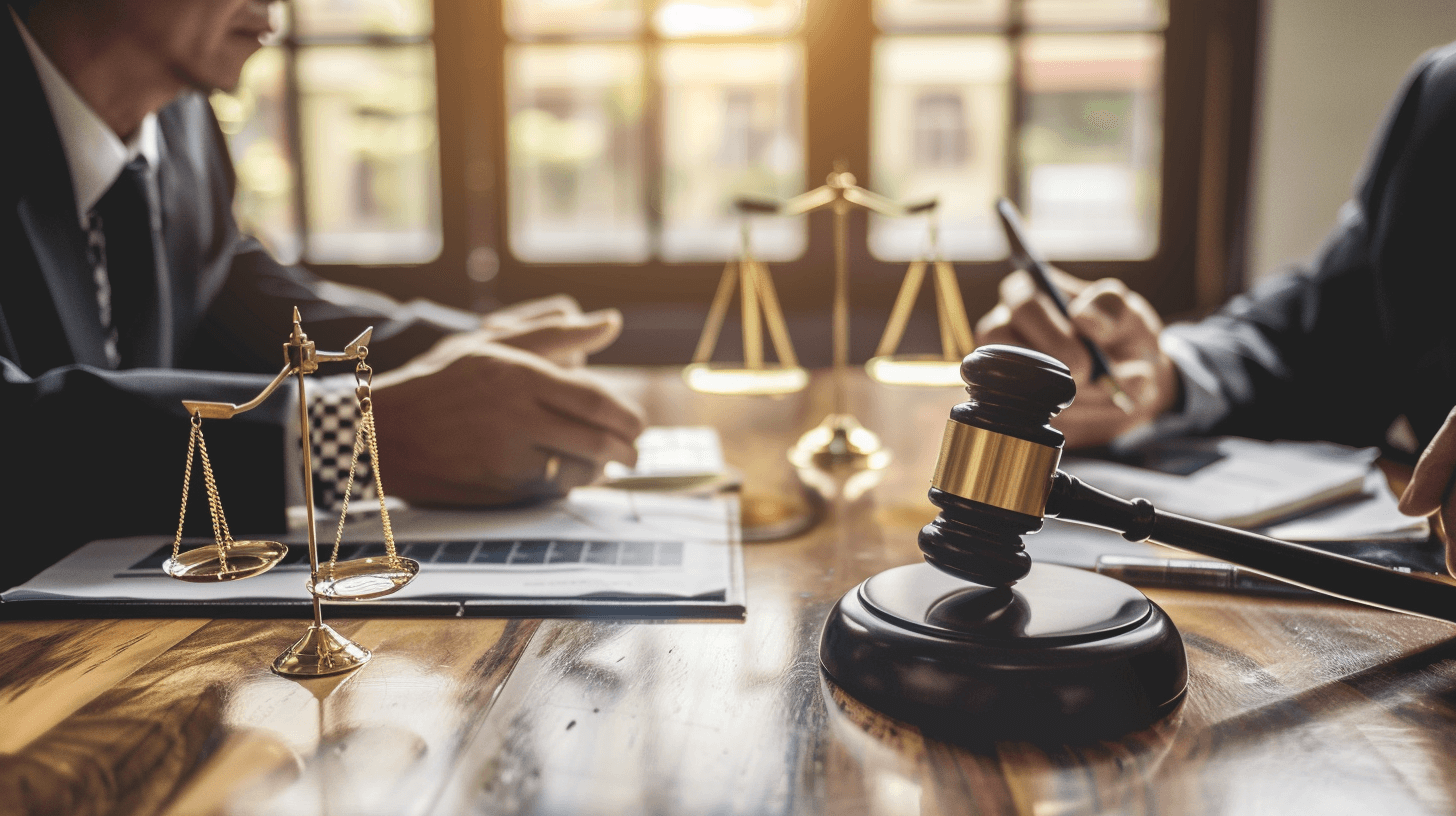September 17, 2025

Plea bargaining is one of the most important yet least understood elements of the criminal justice system. In fact, 90–95% of criminal cases in the United States are resolved through plea agreements rather than trials. While the practice saves time and resources, it also raises questions about fairness, coercion, and justice.
For individuals facing charges, knowing how plea bargains work can mean the difference between a manageable outcome and a life-altering sentence. This guide provides a comprehensive, step-by-step look at plea bargaining, its advantages and disadvantages, key players involved, and real-world examples. Along the way, we’ll reference related resources across different practice areas—from criminal defense to family law and business disputes—to show how negotiation strategy is central to successful legal outcomes.
A plea bargain is an agreement between the prosecutor and the defendant where the defendant agrees to plead guilty (or no contest) to certain charges in exchange for concessions.
By accepting a plea, defendants waive important rights:
Because these rights are so significant, defendants should never accept a plea without guidance from experienced legal counsel. To understand the financial side of legal representation, see our resource: A Guide to Our Fee Structure for Criminal Defense Cases.
Step 1: Charges Filed and Arraignment
Prosecutors decide what crimes to charge. At arraignment, defendants enter an initial plea.
Step 2: Discovery and Case Assessment
Defense attorneys review evidence, witnesses, and legal issues. Sometimes, evidence can be challenged—see How a Lawyer Can Challenge Evidence in a Criminal Case.
Step 3: Negotiations Begin
Defense attorneys and prosecutors discuss possible deals.
Step 4: Defendant’s Decision
The client must weigh risks versus rewards. If you’re seeking guidance, How to Find a Reputable Criminal Defense Lawyer is a valuable resource.
Step 5: Formal Agreement
Terms are written down: charges, sentence, rights waived.
Step 6: Court Review
Judges ensure the plea is voluntary and supported by a factual basis.
Step 7: Sentencing
If accepted, sentencing occurs according to the deal.
Charge Bargaining: Pleading guilty to a lesser charge.
Count Bargaining: Pleading guilty to fewer counts.
Sentence Bargaining: Agreeing to plead guilty for a lighter sentence.
Fact Bargaining: Agreeing to admit certain facts in exchange for leniency.
These strategies are particularly important in federal cases. See our Case Study: Defending a Client Against Federal Drug Trafficking Charges for an example of how plea deals can dramatically impact outcomes.
For Defendants
For Prosecutors
For Victims
Our Case Study: Securing a Multi-Million Dollar Settlement for a Brain Injury Victim shows how strong negotiation benefits clients in other practice areas too.
Defense Attorneys
Similar to high-asset divorce cases, negotiation skill is everything—see Why Our Firm Excels at High-Asset Divorce Litigation.
Prosecutors
Judges
Federal Drug Charges
As shown in Case Study: Defending a Client Against Federal Drug Trafficking Charges, plea negotiations can reduce exposure from decades in prison to far shorter sentences.
Injury Settlement Analogy
Negotiation in civil law is just as critical. Our Case Study: Securing a Multi-Million Dollar Settlement for a Brain Injury Victim shows parallels with criminal plea deals.
Custody Battles
Family law negotiations also rely on strategic bargaining, as highlighted in our Client Success Story: Navigating a Difficult Child Custody Battle.
Defendants often face the choice: take the plea or risk trial.
Our article Settlement vs. Trial: Which is Right for Your Injury Case? provides a helpful comparison in civil litigation that mirrors this criminal law decision.
Even with lighter sentencing, pleas can affect:
Just as in estate planning, decisions carry long-term consequences. See Estate Planning Case Study: Protecting Families and Assets.
The principles of negotiation reform apply across law. Our article A Guide to Divorce Mediation shows how structured negotiation can reduce unfair pressure in family disputes.
Plea bargaining resembles corporate negotiations, where leverage, timing, and preparation decide outcomes. For insights into business disputes, read The Business Law Firm Difference in Corporate Litigation.
Similarly, handling real estate disputes requires skilled negotiation, as illustrated in Case Study: Resolving a Complex Real Estate Title Dispute.
When choosing counsel for plea bargaining, experience and proven results matter. See our A Look at Our Verdicts and Settlements to understand the depth of our litigation and negotiation success.
Plea bargaining is a cornerstone of the modern justice system. While it provides efficiency and certainty, it also raises fairness concerns and requires strong advocacy to protect defendants’ rights.
Just as in divorce, business, real estate, or injury litigation, negotiation skill is often the decisive factor. With experienced attorneys, defendants can navigate this process strategically and minimize risk.
If you are facing criminal charges, don’t navigate this process alone. Seek guidance from a trusted defense team that understands both the law and the art of negotiation.
Stay up to date with the latest legal tips, expert insights, case studies, and step-by-step guides to help you protect your rights, grow your business, and make informed decisions—no matter your legal needs or industry.